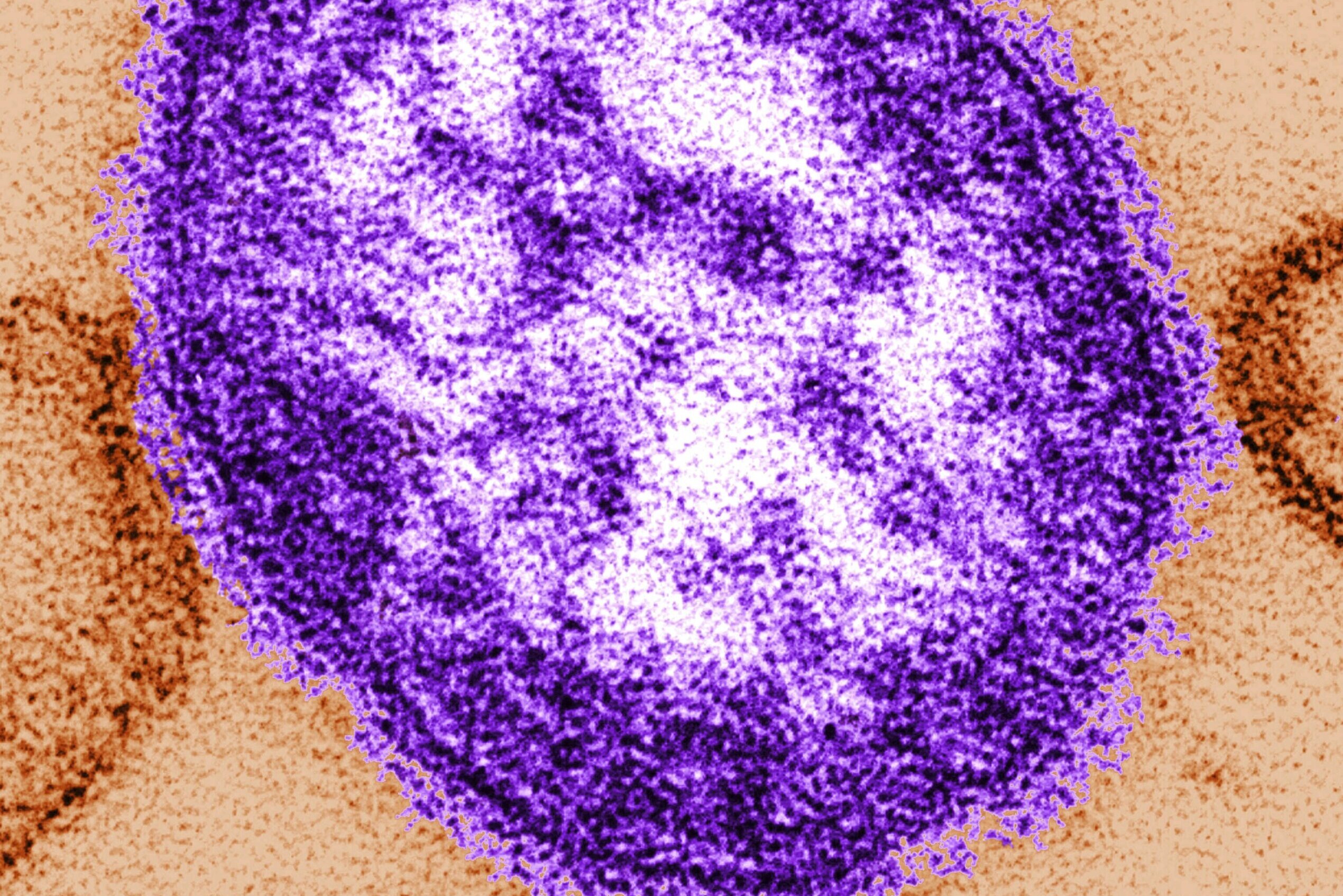Measles Case Confirmed in D.C.: What You Need to Know About Exposure and Prevention

Washington, D.C. health officials have confirmed a case of measles in a traveler who recently arrived at Dulles International Airport (IAD). This news raises concerns about potential exposure for those who may have been in contact with the individual. Measles is a highly contagious viral disease that can cause serious health complications, particularly in young children and those with weakened immune systems.
Understanding the Risk
The affected traveler arrived in D.C. recently, and health officials are working diligently to trace their movements and identify potential contacts. The D.C. Department of Health is urging anyone who may have been in the same locations as the traveler, especially in areas like Dulles Airport or public transportation, to be aware of the symptoms and take appropriate precautions.
What are the Symptoms of Measles?
Symptoms typically appear 7-14 days after exposure and include:
- High fever (104°F or higher)
- Cough
- Runny nose
- Red, watery eyes (conjunctivitis)
- Tiny white spots (Koplik’s spots) inside the mouth
- A red, blotchy rash that spreads from the face to the rest of the body
If you experience any of these symptoms, it’s crucial to contact your healthcare provider immediately and do not go to emergency rooms or urgent care centers without calling ahead. This helps prevent further spread of the virus.
Why is Measles Still a Concern?
While measles was declared eliminated in the United States in 2000 thanks to widespread vaccination, cases still occur, primarily due to international travel. The recent increase in measles cases across the country highlights the importance of maintaining high vaccination rates. Individuals who are not vaccinated or have not had measles as a child are at a higher risk of contracting the disease.
Protect Yourself and Your Community: Vaccination is Key
The measles, mumps, and rubella (MMR) vaccine is highly effective in preventing measles. The Centers for Disease Control and Prevention (CDC) recommends that all children receive two doses of the MMR vaccine: the first dose at 12-15 months of age, and the second dose between 4-6 years of age. Adults who are unsure of their vaccination status or who have not received two doses of the MMR vaccine should consult with their healthcare provider about getting vaccinated.
Resources and Contact Information
- D.C. Department of Health: [https://dchealth.dc.gov/](https://dchealth.dc.gov/)
- Centers for Disease Control and Prevention (CDC): [https://www.cdc.gov/measles/](https://www.cdc.gov/measles/)
- For more information or to report potential exposure: Call the D.C. Department of Health at [Insert Phone Number Here]
Stay informed, get vaccinated, and help protect our community from measles.






